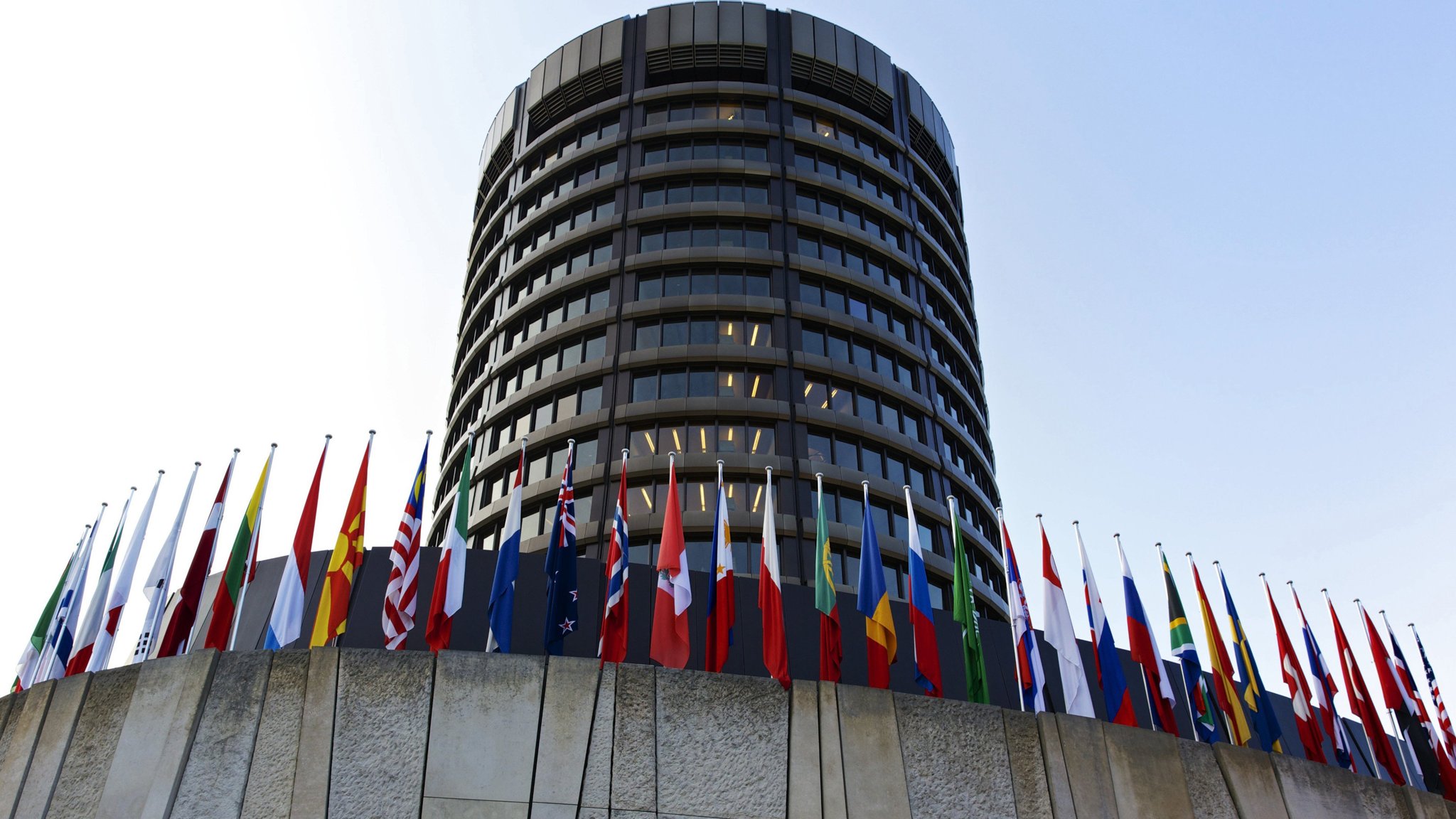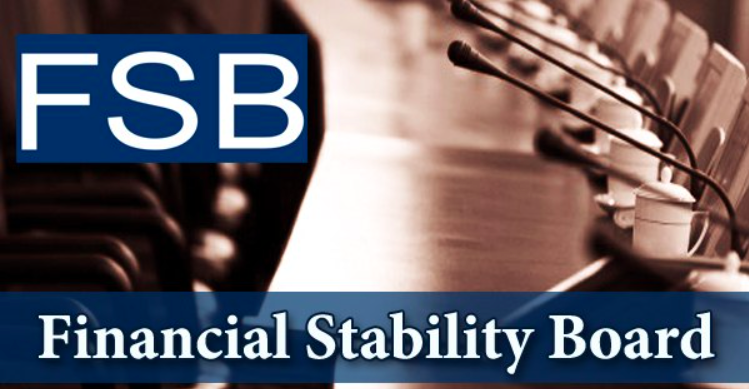On September 29, the Basel Committee published the results of its latest Basel III monitoring exercise, based on 31 December 2020 data. The report sets out the impact of the Basel III framework including the December 2017 finalisation of the Basel III reforms and the January 2019 finalisation of the market risk framework. It includes a special feature on exemptions from the leverage ratio exposure measure due to Covid-19, and covers both Group 1 and 2 banks (see note to editors for definitions). The final Basel III minimum requirements will be implemented by 1 January 2023 and fully phased in by 1 January 2028. The average impact of the fully phased-in final Basel III framework on the Tier 1 minimum required capital (MRC) of Group 1 banks is +2.9%, compared to a 1.8% increase at end-December 2019. This higher impact for Group 1 banks and G-SIBs may be partially driven by the different treatment of some outlier banks. Continue reading…
Gone are the days when organisations could simply promise a speak up culture. Today, fostering a culture of trust, integrity, and a positive work environment…
Download whitepaper










